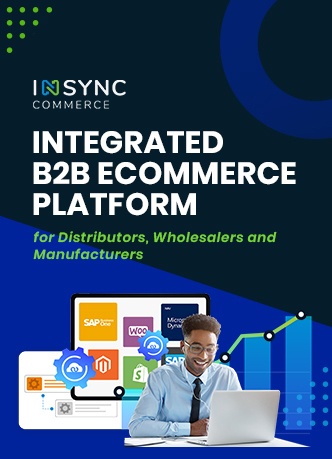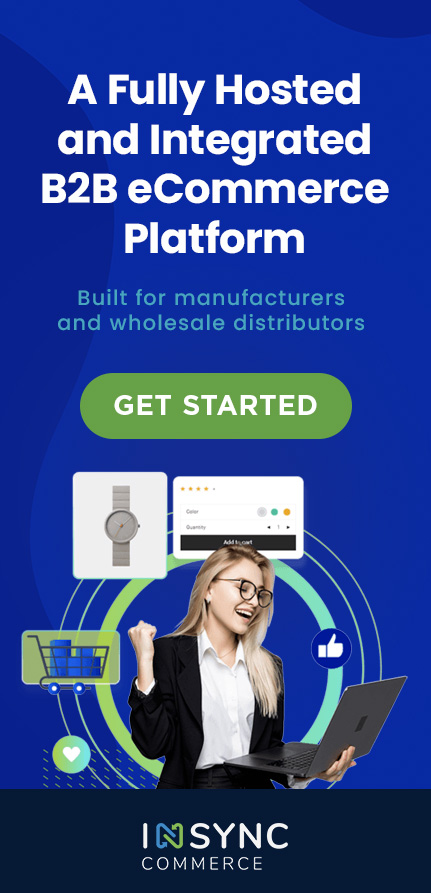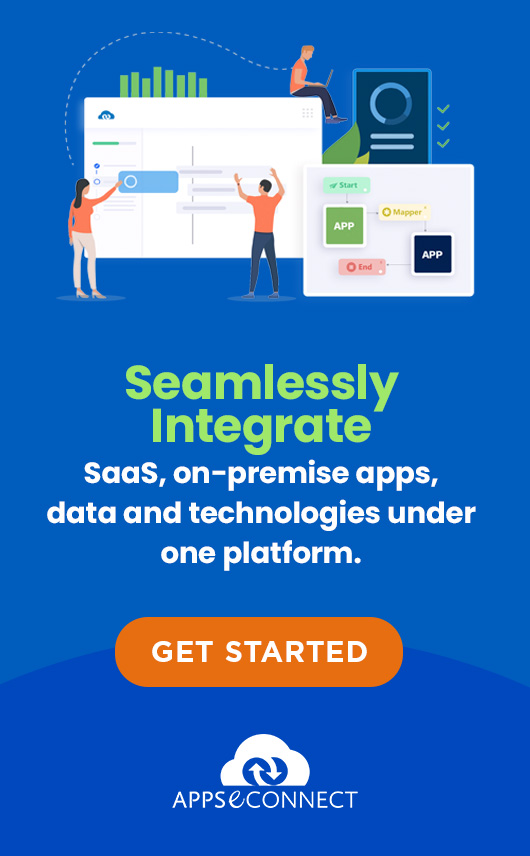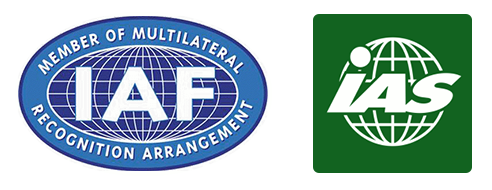Business Process
The business process of Supply Chain Management in Retail vertical is all about managing end to end supply and distribution of the articles (or products) in Retail Business. Its execution includes the complete purchasing and delivery process.
Let’s see how SAP solution – IS Retail can help it to run better.
The SAP Solutions
The solution supports delivery management directly to the stores, warehouse management, inventory management, and transportation processes. It optimize picking strategies with picking waves, cross-docking, palette tracking, etc. It also handles shipment and delivery efficiently through route scheduling. It helps the retailer to keep up a high service level and optimize labour and resources at the same time.
It comprises of the following modules related to Supply Chain Management.
- Vendor Relationship Management – This module consists of the following functional areas to handle vendors better.
Vendor Registration & Self Service: It helps to automate and host self-service for the vendors’ information management. For e.g. one can use this module to provide suppliers the possibility to register themselves using a link on the homepage of the purchasing company. Using this module the purchasing company’s decisions on introducing new business partner in the system becomes easy.
Spend Analysis: One can use this module to obtain high-quality spend analyses based on FI documents (i.e. invoices and credit memos). By highlighting consolidated spend volume, supplier redundancies, and demand aggregation opportunities, SAP Solution enables companies to control procurement costs and enter contract negotiations fully informed.
Vendor evaluation, monitoring & scorecard: To optimize the relationship between business partners information about the quality of processes are very important. This module enables Retailers to evaluate those information event triggered via questionnaires.
Contract Management: Contract Management is the process for creating and maintaining contracts, managing Global Outline Agreement.
Strategic Sourcing with RFX: One can use this business scenario to source goods using bid invitations either with or without a previous integration of the sourcing application.
Strategic Sourcing with Live Auction: One can use this module to source goods using auctions either with or without a previous integration of the sourcing application.
Vendor Collaboration: The relationship between vendors and retailers is challenging within almost all supply networks.
- Operational Buying – by using this module the supply chain costs can heavily be reduced as it optimizes the company’s internal procurement processes. An integrated purchase order, allocation and distribution, and settlement process is mandatory to manage and control the complete procurement process.
- Global Import/Export Management – Global Trade Services from SAP is a bundle of modules which automates international retail processes from the import businesses as well as from the export business. It enables the retailer to manage large numbers of business partners and high volumes of documents out of international trade businesses.
- Replenishment and Inventory Optimization – This module consists of the following functional areas to handle replenishment and inventory optimization better.
Multi-level Replenishment: The main objective of this module is to help retailers to balance the scale between increased customer service levels and overall lower merchandise inventory.
Requirement Planning & Replenishment: With this set of tools you can determine merchandise requirements for your stores and distribution centres.
Allocation: The Allocation module describes the distribution of merchandises centrally among a large number of recipients (for example, stores).
- Multi-Channel Order Fulfilment – With multi-channel order fulfilment, the retailer with a significant amount of customers and product sourcing locations is able to fulfil customer orders more efficiently and profitably.
- Chain Wide Inventory Management – Inventory management enables retailers and wholesale distributors to manage and monitor stocks in order to keep inventory as low as possible while avoiding out-of-stock situations.
- Warehouse and DC Management – Warehouse management helps to store and move goods efficiently and thus keeps the inventory low by guaranteeing a high service level. Picking and packing, controlling logistics documents, and in and outbound monitoring are all part of the process.
- Transportation Management – Transportation builds optimal loads, does the routing and scheduling and allows for close collaboration between shipper and carrier via optimized carrier selection and tendering.
- Supply Chain Visibility and Tracking – Event Management provides retailers and wholesale distributors with visibility into events in their supply chain (from sourcing through store deliveries).
So this was all about Supply Chain Management for a Retail business. Our next blog will be about the last and most important topic on Retail vertical – i.e. “Store & Multi Channel”.













